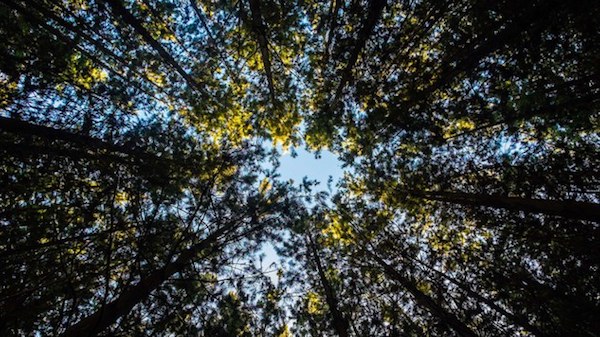
media coverage
Europe uses natural resources unsustainably and the European Union has put in place policies on circular economy and bioeconomy in response. A new European Environment Agency (EEA) report argues that implementing these two concepts in tandem, by applying specific design principles within a systemic approach, would improve resource efficiency and reduce environmental pressures.

The EEA report 'The circular economy and the bioeconomy — Partners in sustainability' shows that the two policy agendas have similar objectives and areas of intervention, including food waste, biomass and bio-based products, and that they would benefit from stronger links, particularly in product and infrastructure design, and collaboration throughout the value chain.
According to the report, the increasing demand for food, feed, biomaterials and bioenergy resources could worsen the over-exploitation of natural resources. By extending the lifetime of products and recycling materials, a circular, bio-economy approach can help retain material value and functionality for longer time as well as avoid unrecycled biowaste.
Promising innovations and strategies for circular biomass use include biorefinery, 3D printing with bioplastics, multi-purpose crops, better use of residues and food waste, and biowaste treatment. Consumers can also contribute to bioeconomy's sustainability, for example, by eating less animal-based protein, preventing food waste and separating biowaste from other waste streams, the report says.
The report argues that biobased approaches should be tailored to the specific use context in order to maximise the benefits of biobased and biodegradable products. The technological innovation, covering product and infrastructure design, should be embedded in a wider system innovation that also tackles consumer behaviour, product use and waste management.
'The circular economy and the bioeconomy — Partners in sustainability' is the third EEA report on the circular economy that aims to support the framing, implementation and evaluation of European circular economy policy from an environmental perspective. The two previous reports were:
- Circular economy in Europe – Developing the knowledge base; and
- Circular by design – Products in the circular economy.
The bioeconomy encompasses the production of renewable biological resources and their conversion into food, feed, bio-based products and bioenergy. It includes agriculture, forestry, fisheries, food, and pulp and paper production, as well as parts of the chemical, biotechnological and energy industries.